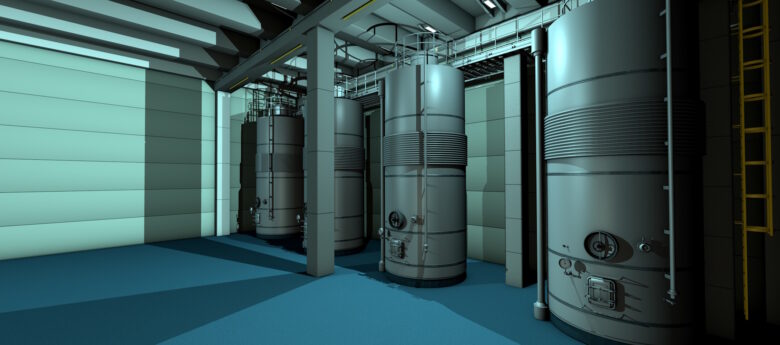Winter Water Heater Maintenance Prevents Breakdown

Water heater failure can be a major challenge for facilities teams. The costs of emergency plumbing service are compounded by lost time and customer inconvenience.
Water heater use tends to increase during the colder months, increasing stress and wear and tear on equipment. During the winter season, it’s especially important that facilities managers are prepared for the risks of equipment failure and take the proper steps to mitigate the risk in advance.
The most important strategy for reducing the risk of water heater failure any time of year is planned maintenance and prompt repair service. Taking preventive steps helps water heaters last longer and function more efficiently. With regular professional inspections, maintenance engineers and contractors can identify potential problems and address them before an emergency occurs, while extending the life of the equipment and, over time, reducing overall costs.
Problem Signs
Proper care and maintenance of your water heater equipment starts with regular visual inspection. Water heaters are often located in closets, basements or other enclosed utility spaces, where they are hidden from view. Frequent scheduled visual checks on equipment that might otherwise remain unseen can be an important first line of defense, ensuring proper operation and preventing sudden failure. Routine inspections may reveal immediate signs of potential problems, such as leaks, water damage, or mildew and mold around the equipment.
Noisy equipment, longer wait times for hot water or lack of heating should also be addressed immediately. Keep an eye out for unexpectedly high utility bills, too. If maintenance teams cannot find a simple solution to the issue, consult a professional plumbing expert.
Professional Maintenance
Regularly scheduled maintenance is critical to keep water heating equipment in optimal condition. A professional inspection may uncover potential issues that facilities maintenance teams overlook, and trained plumbing experts are equipped to quickly resolve most problems. In other cases, they will have experience and insights that can help management teams make informed decisions.
In addition to scheduled plumbing maintenance, facilities managers should also follow manufacturer recommendations regarding regular visual inspections of parts and machinery as well as the integrity of the tank and scaling of the heat exchanger. Again, frequent preventive visual checks for visible signs of damage, wear to the equipment, or evidence of leaks can serve as the first line of defense against catastrophic failure. Standards will vary according to the equipment and application; check with your wholesaler or contractor for specific recommendations. Equally important, the application can be reviewed to ensure the water heating equipment is still right for the job. In the commercial market, using the proper equipment for the application is key to achieving optimized performance and maximizing service life.
Repair or Replace?
Facilities managers will eventually face the question of whether to continue repairing aging equipment or investing in replacement.
In many cases, if the tank is not leaking, it pays to repair the water heater. If you’re scheduling regular maintenance, using the heater appropriately, and it’s within the reasonably expected lifetime of the unit, the modest investment in repairs is usually a better value than incurring the more significant costs of replacement.
At some point, however, replacement will provide better value than continued upkeep and repair. Continuing to spend money for repairs and maintenance on products that are past their useful life can lead to inefficiency, unnecessary expenditures and increased risk of sudden breakdown.
Unfortunately, there is no universal formula to determine the exact moment when replacing a water heater becomes a better value than more repairs. The right solution depends on several factors, including the application, maintenance history and environmental conditions.
What should facilities management teams consider when faced with the question of replacing or repairing their equipment?
Weigh the costs of continued maintenance, repeated repairs and decreased efficiency of an aging unit to the installation of an efficient new water heater. Continually sinking small amounts of money into maintenance in order to offset investment in new equipment isn’t necessarily true value.
Even with recommended maintenance, older units may present an increased risk of emergency failure. Always keep the potential costs associated with such an event in mind when considering whether to replace or repair a water heater.
It’s also important to stay up to date regarding local, state and federal regulations and efficiency standards. Failure to comply can be another cost of continuing to use older equipment, while rebates and other incentives can offset the cost of new energy-efficient equipment.
Remember that you’re not alone when making these decisions. Rely on your trusted plumbing expert for guidance. A trained professional can arm you with the information you need to make the right decision.
Recommended maintenance is just like changing the oil and replacing the filters on your car. Preventive service helps you get the most out of your vehicle as well as your water heating system.
Dustin Bowerman is Senior Director – Field Services for Bradford White Water Heaters, an industry-leading manufacturer of water heaters, boilers and storage tanks.
